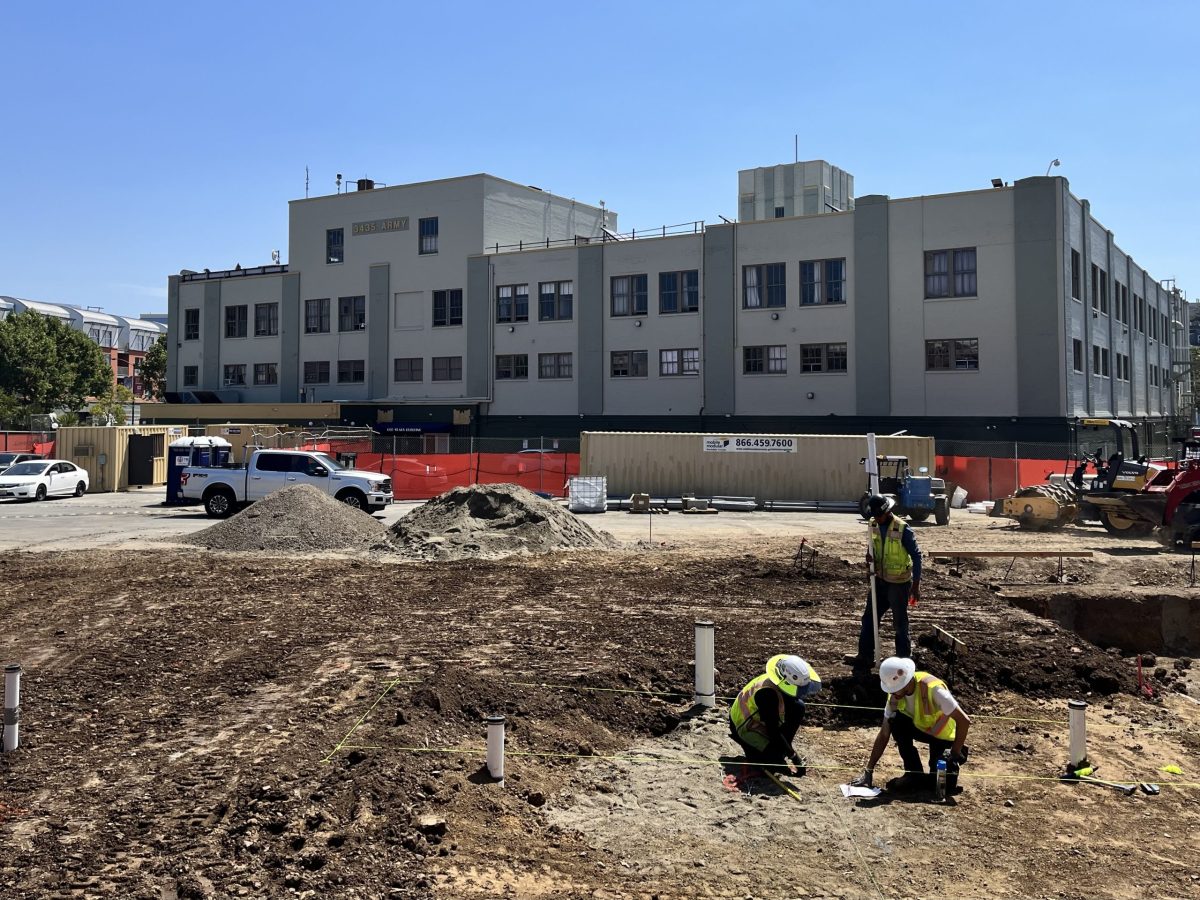When Assembly Bill 12 goes into effect on July 1, 2024, most landlords can no longer charge more than one month’s rent as a security deposit. Before, landlords could charge up to two months’ rent for unfurnished properties, or three months’ rent for furnished properties.
The bill carves out an exception for “mom-and-pop landlords,” defined as landlords that rent four or fewer units, spread across a maximum of two properties.
“San Francisco has very high rents, which means that moving into a new apartment can cost as much as a down payment on a home in many other states,” said San Francisco Assemblymember Matt Haney, who sponsored the bill.
According to Zillow, the median rent in San Francisco is $3,300, meaning that renters could, in the past, have been asked for many thousands of dollars as a deposit.
“Not many people have that available,” Haney said, adding that the financial barrier of a large deposit has kept some families from moving.
Haney said that he first heard about this issue while he was running for State Assembly, after speaking to a janitor who lived in a one-bedroom apartment with his family. The janitor wanted to move to a larger apartment, but could only afford the rent, not the deposit. And he wasn’t the only one.
So, when Haney got to the State Assembly, it was the first bill he introduced.
“I’m glad I was able to get something done for renters that will have an immediate impact,” Haney said.
Before the bill passed, the California Apartment Association, which advocates for the interests of those who own or manage rental properties, encouraged assemblymembers to vote no, explaining that, in the case of eviction, landlords rely on the deposit money. Security deposits are also important, they argued, because California law limits a landlord’s access to a tenant’s rental history.
“Owning, operating and maintaining rental housing is also extremely expensive,” their one-sheet explainer read, adding that optional bonds or tenant insurance would be better solutions.
Nevertheless, the bill found widespread support in the State Assembly, passing 53-14. It then passed in the state Senate 21-9 and was signed into law by Governor Gavin Newsom on Oct. 11, 2023.
“Bills that support renters can be very difficult to pass in the legislature,” Haney said, explaining that only 4 percent of state legislators are renters compared to 44 percent of the state. “But this was something that resonated widely.”








